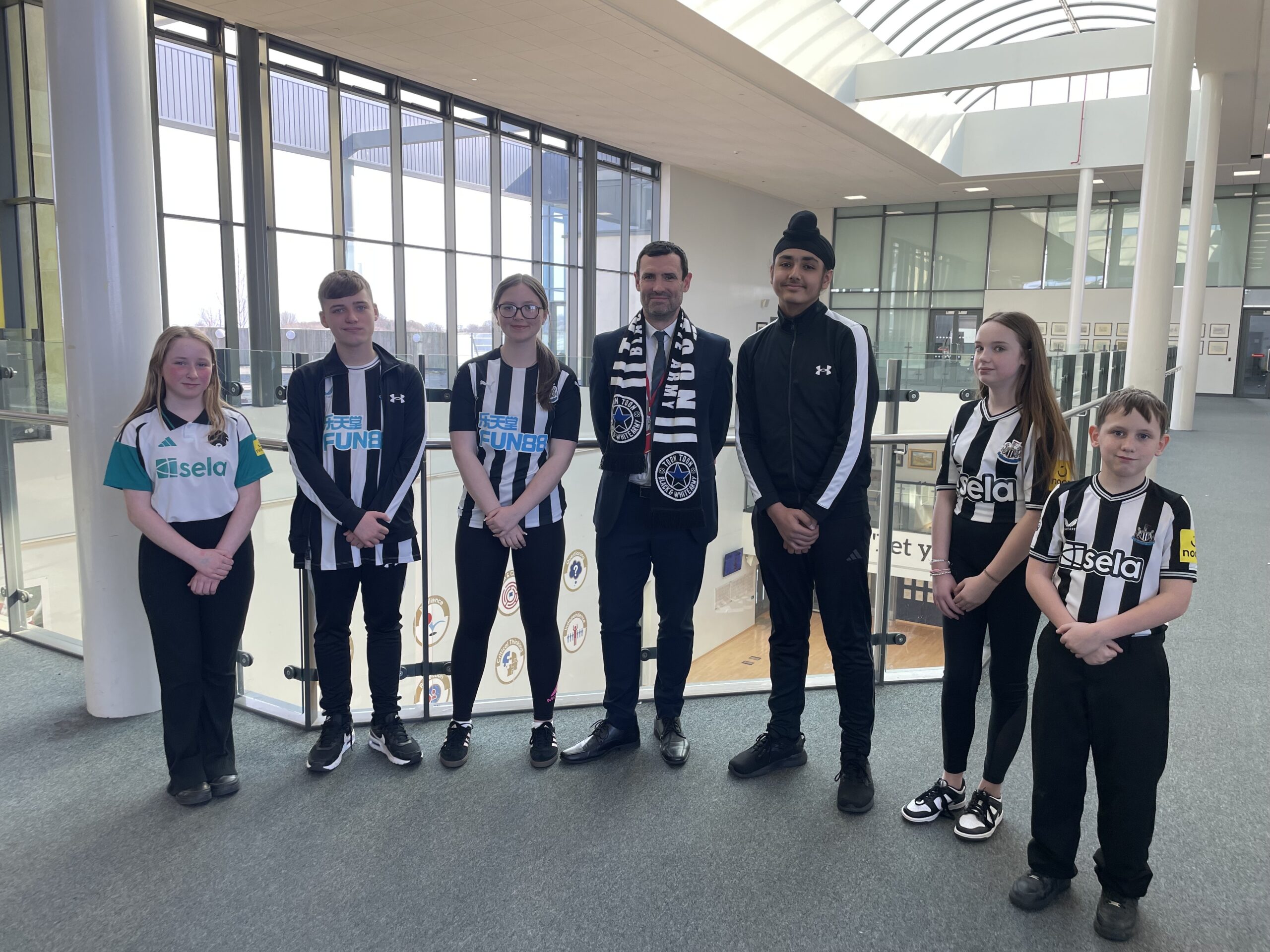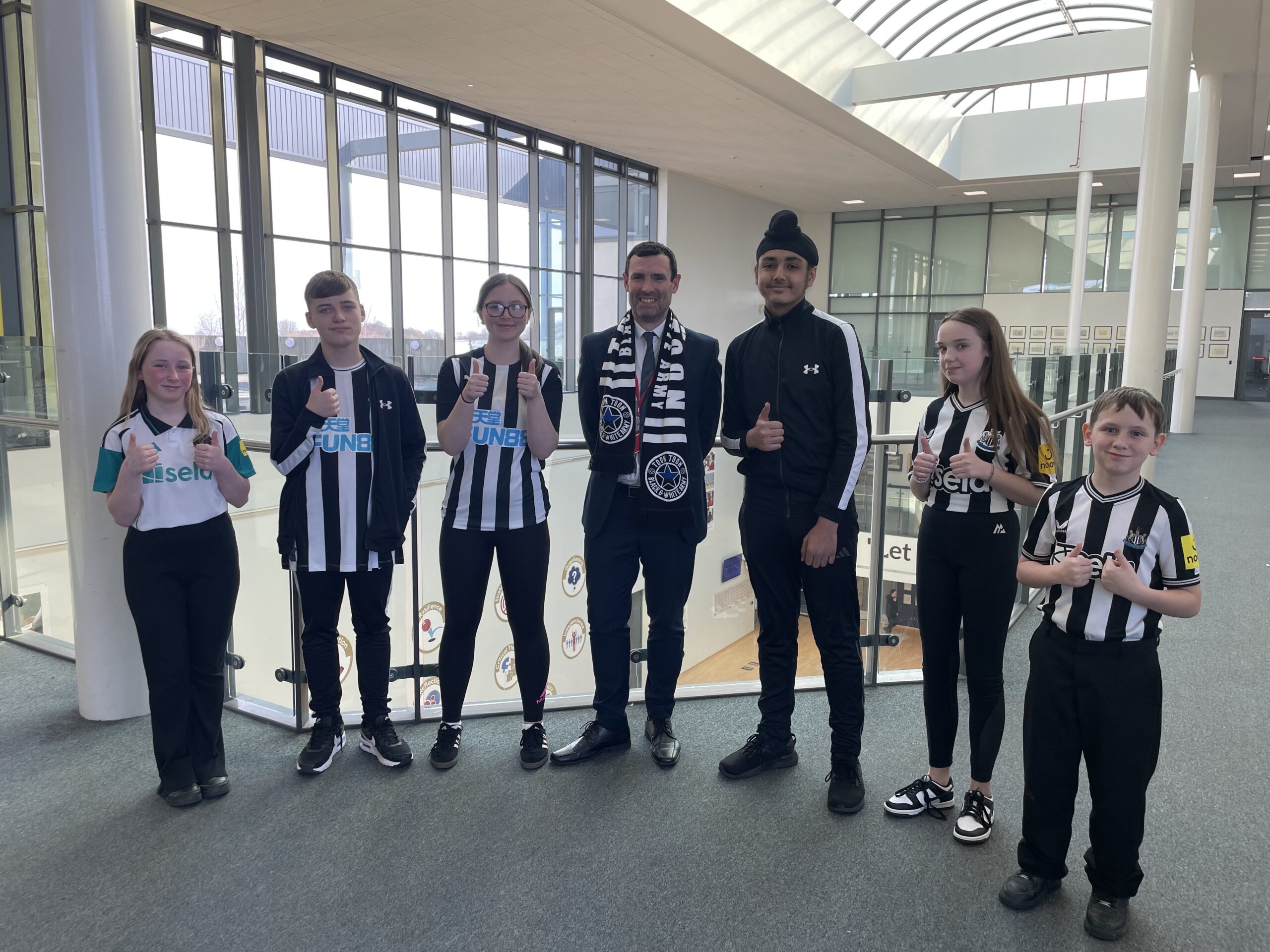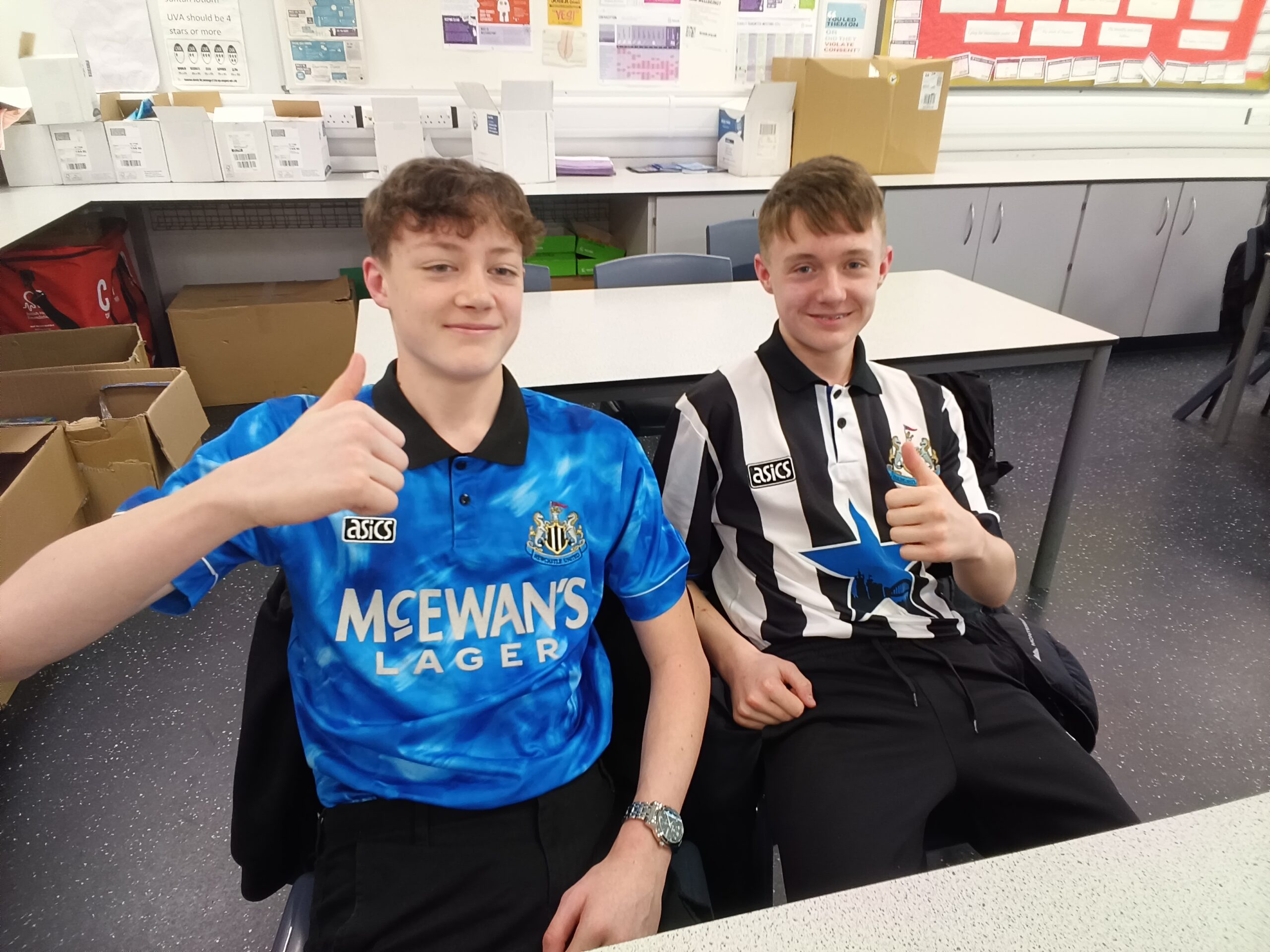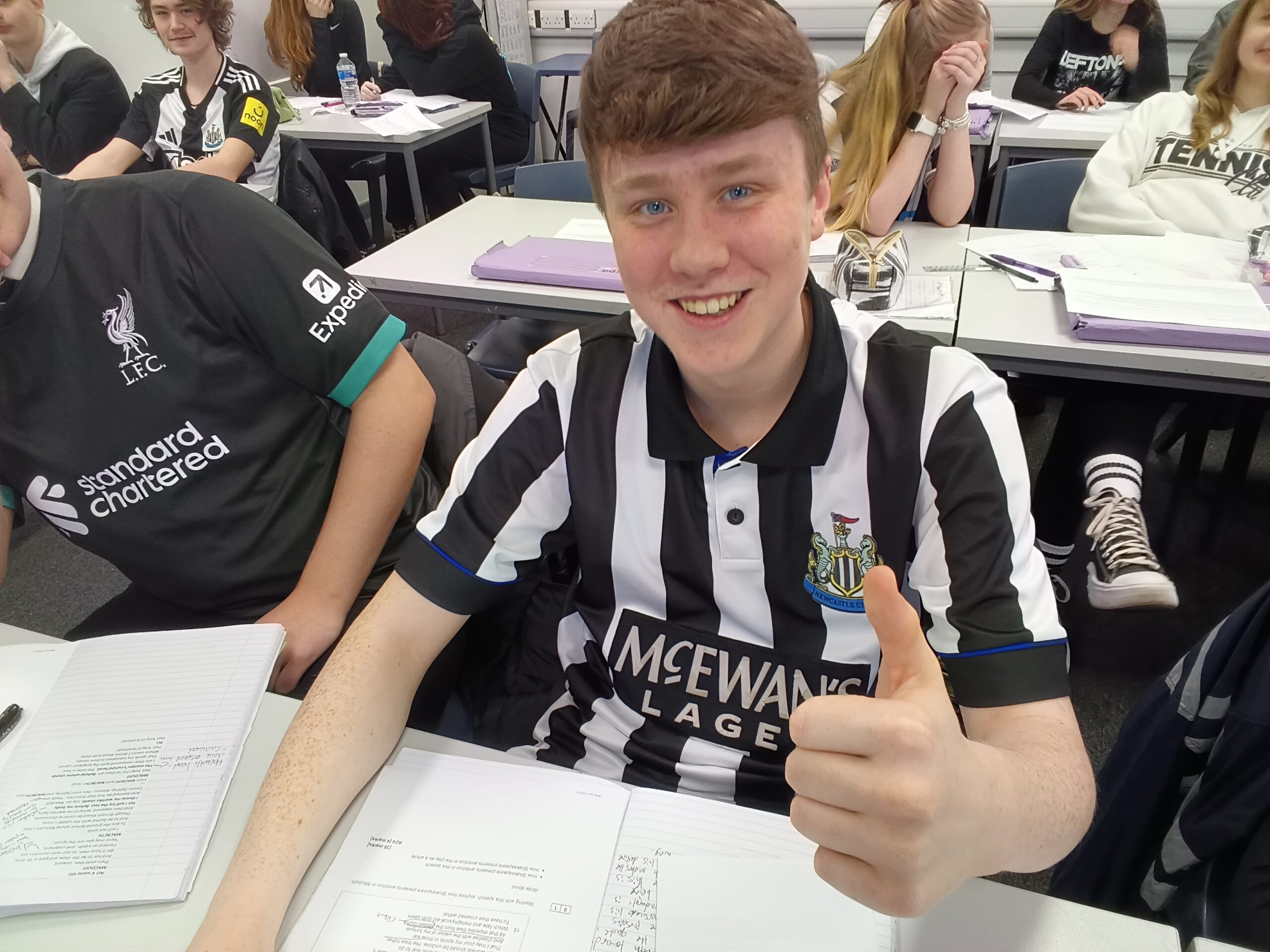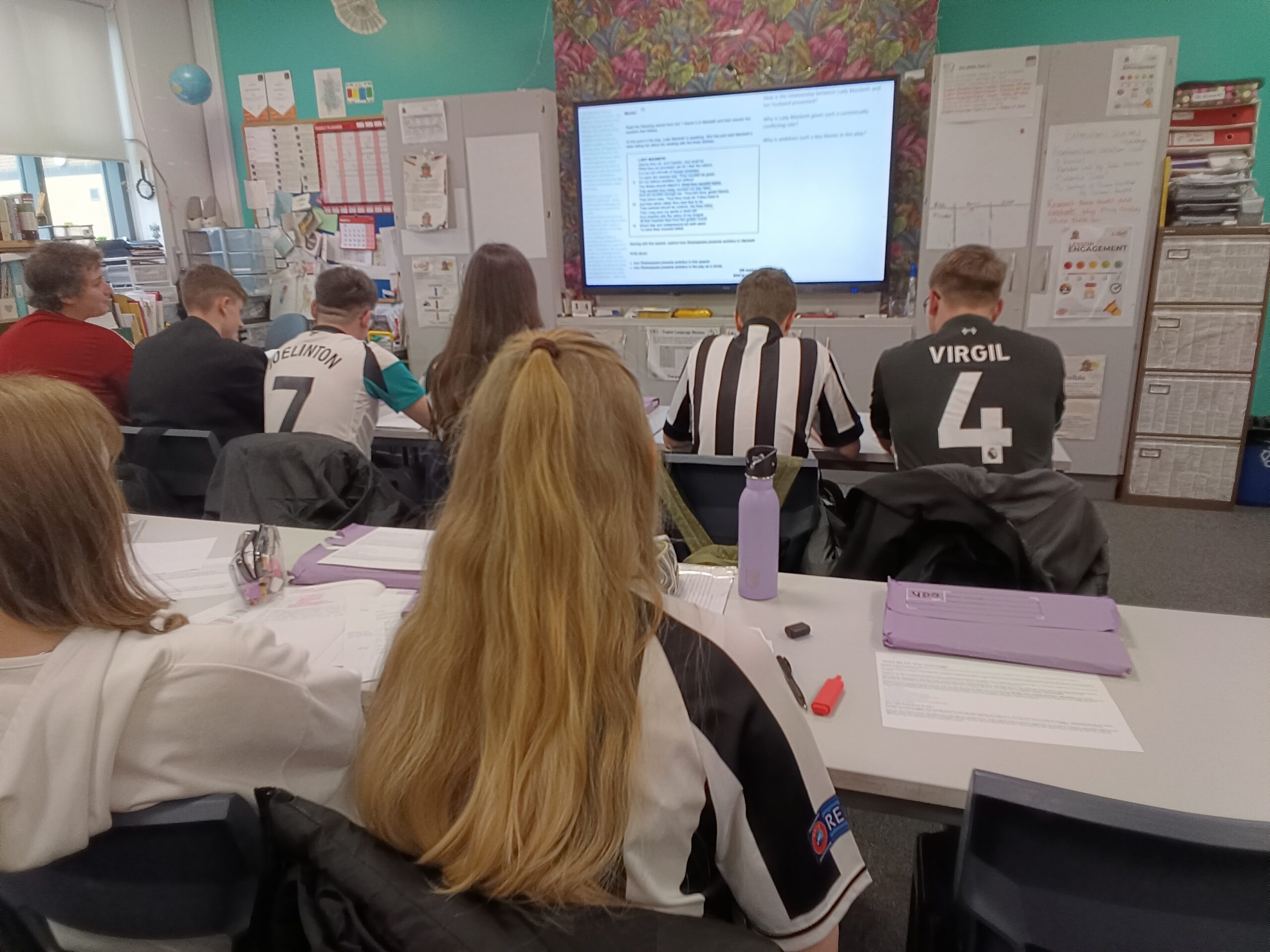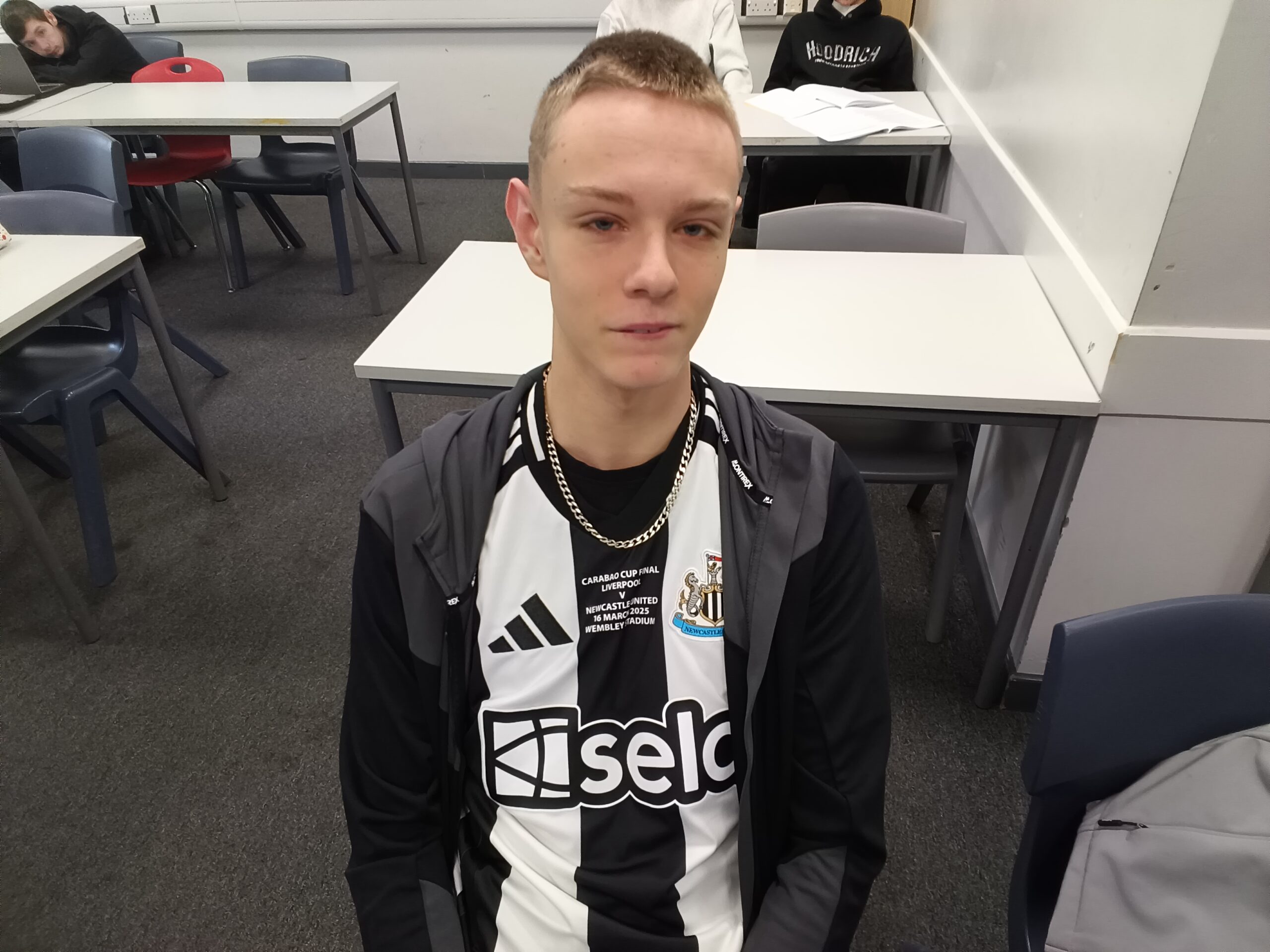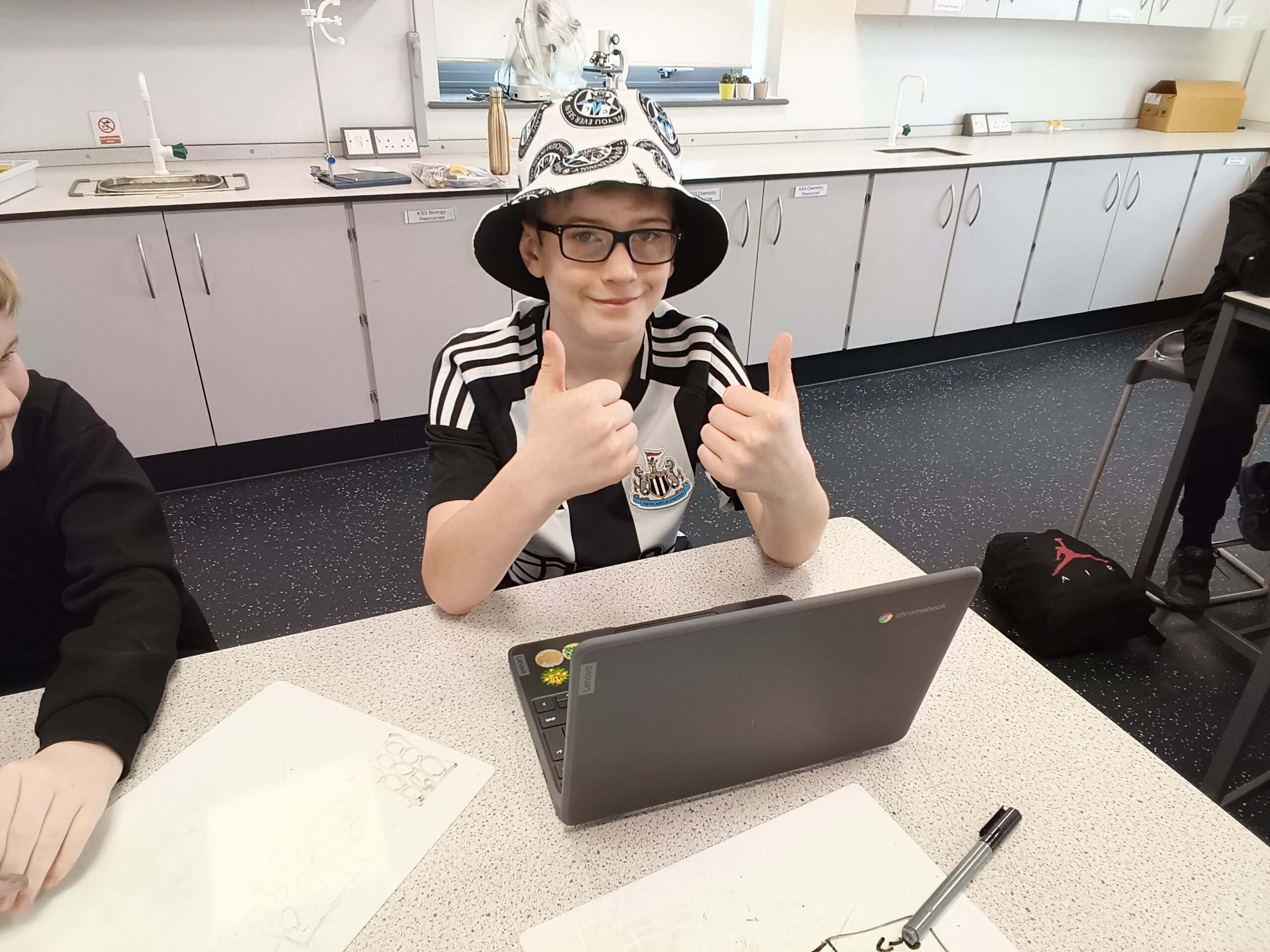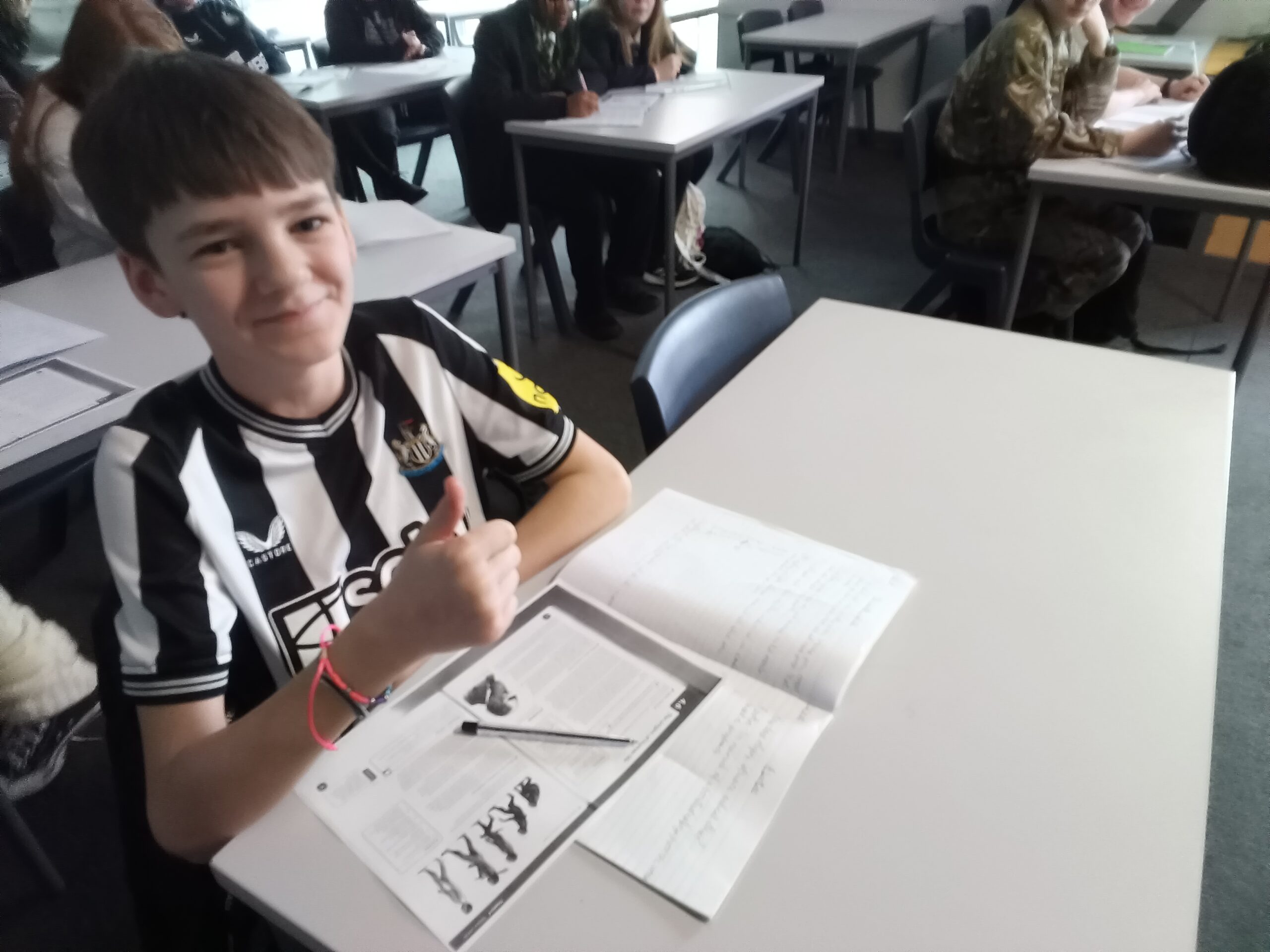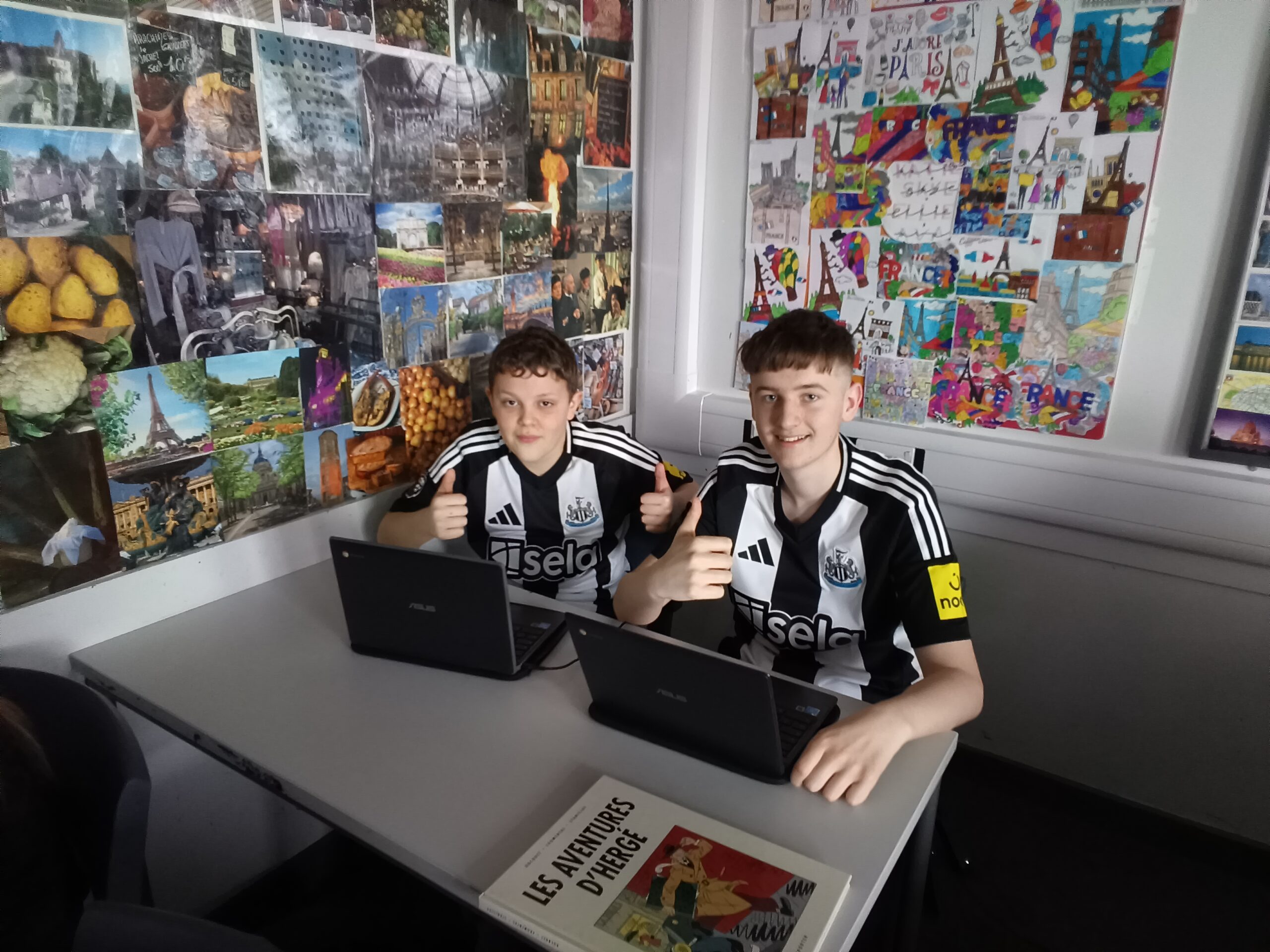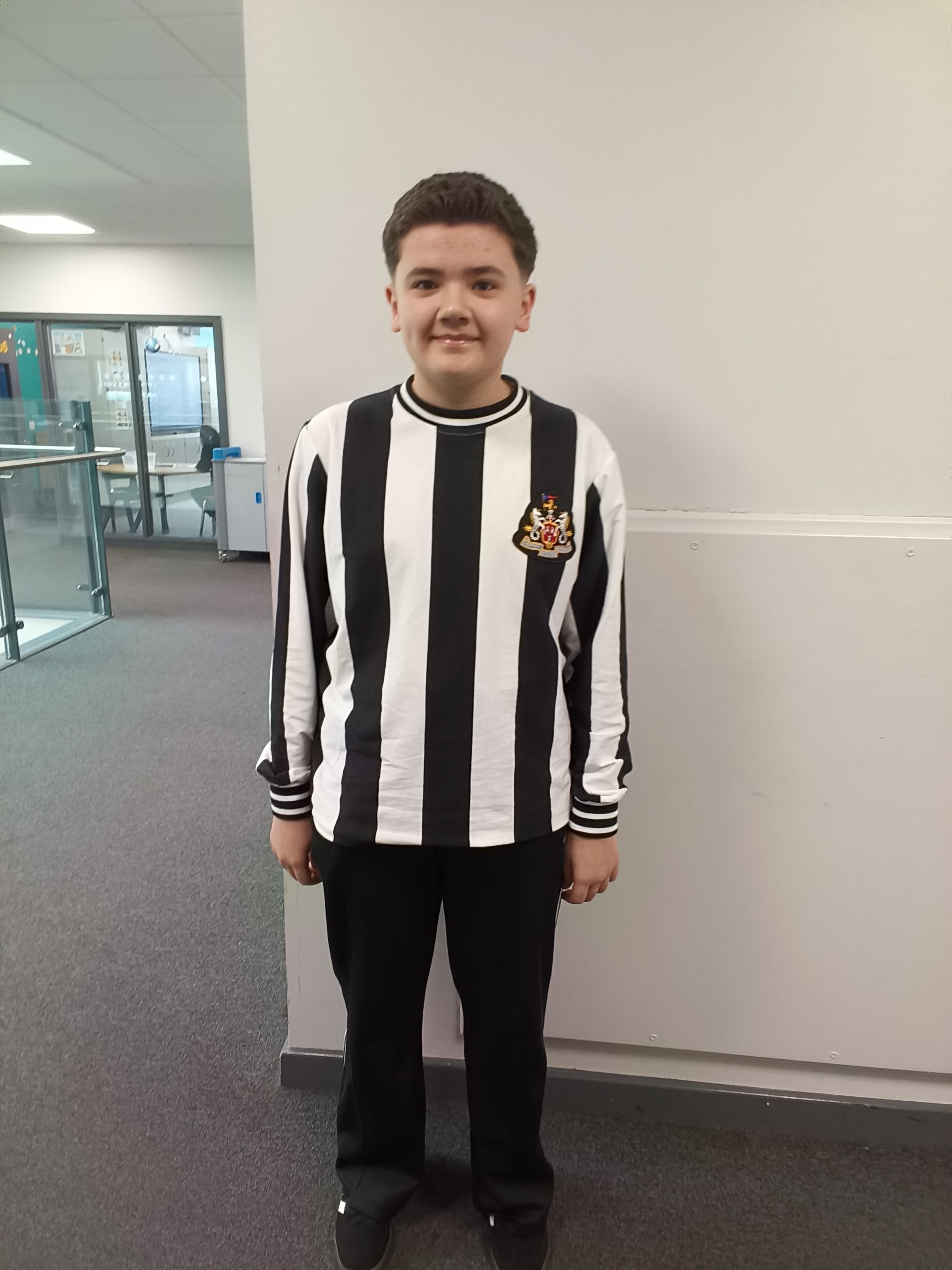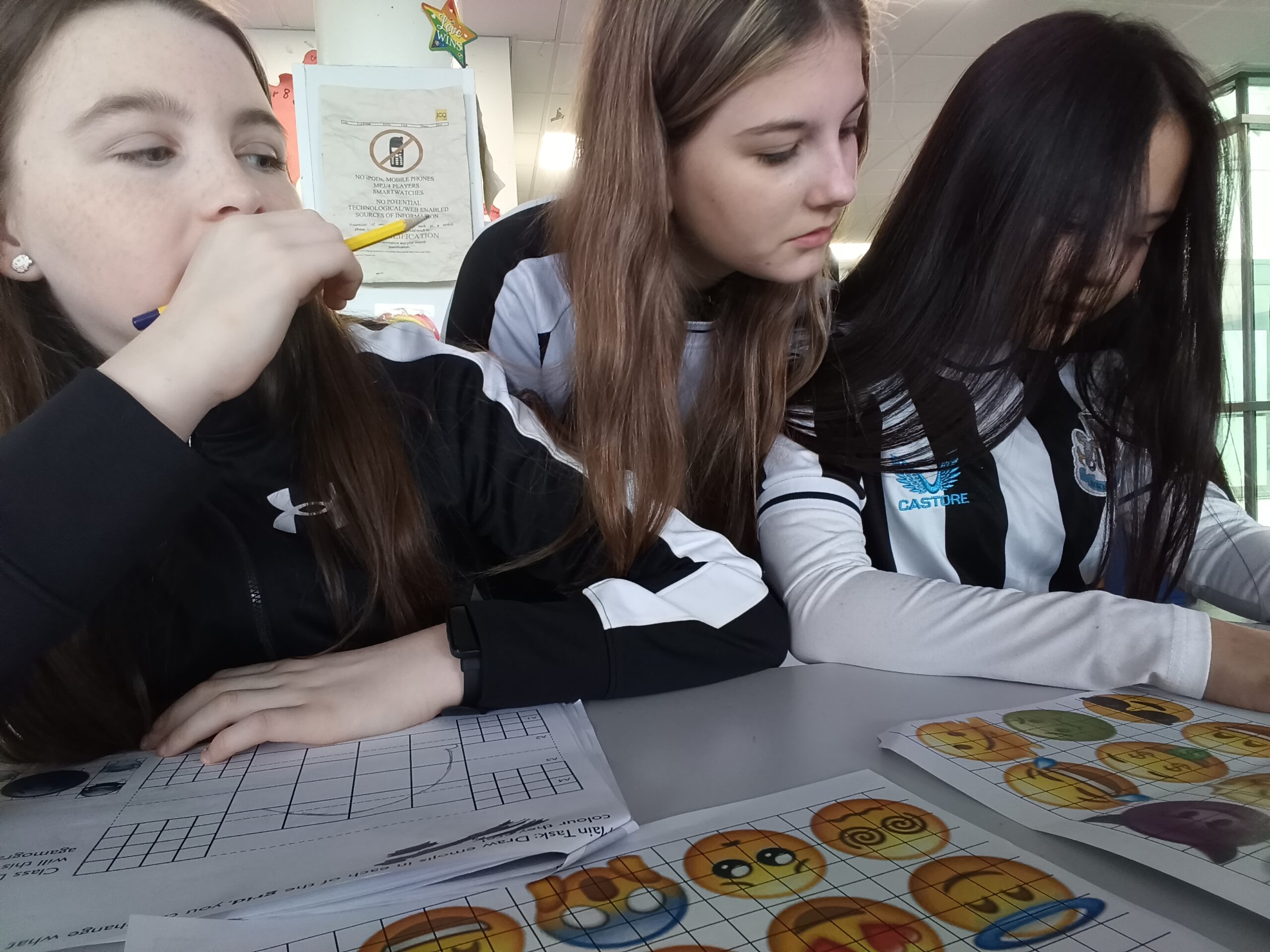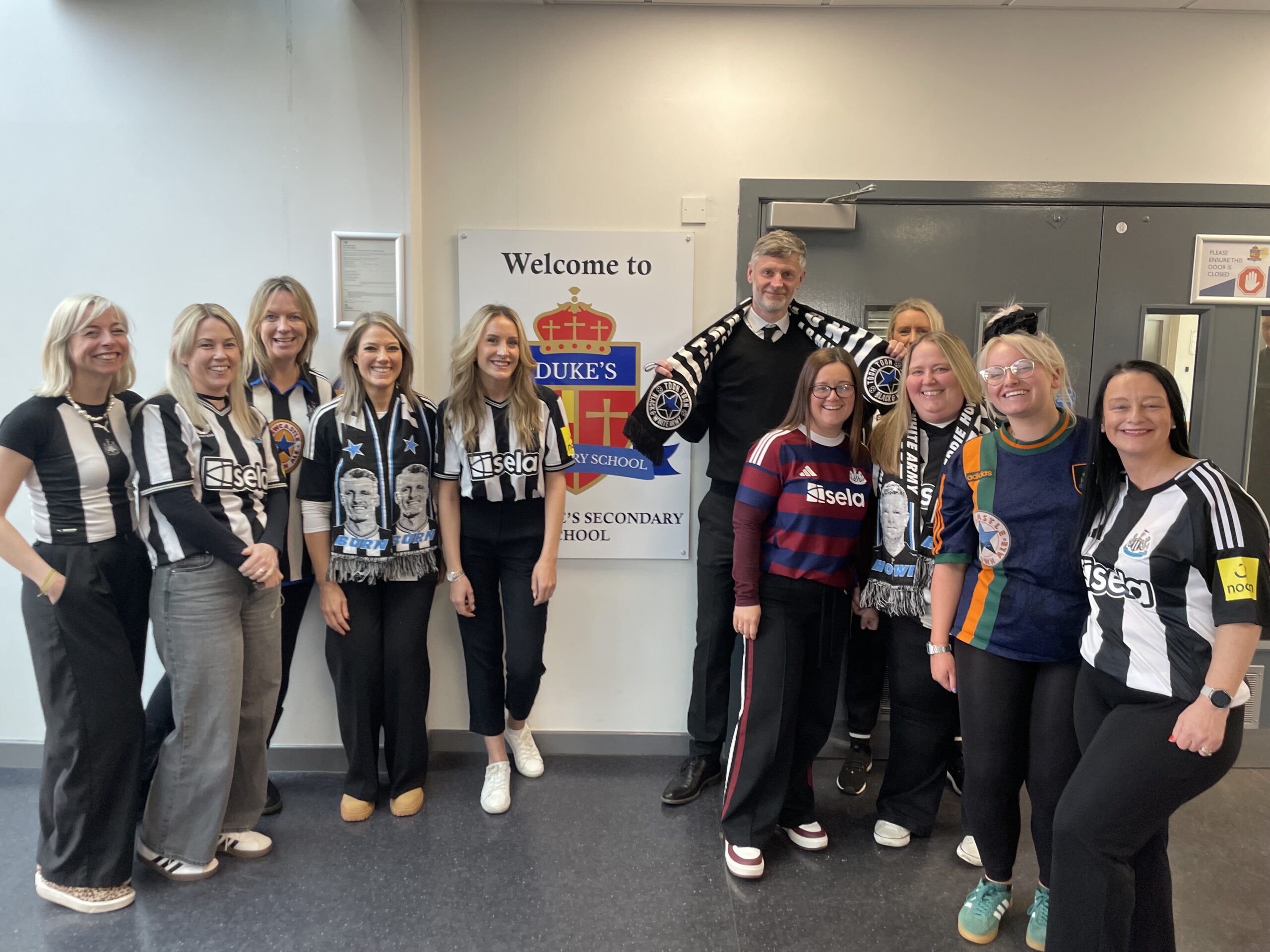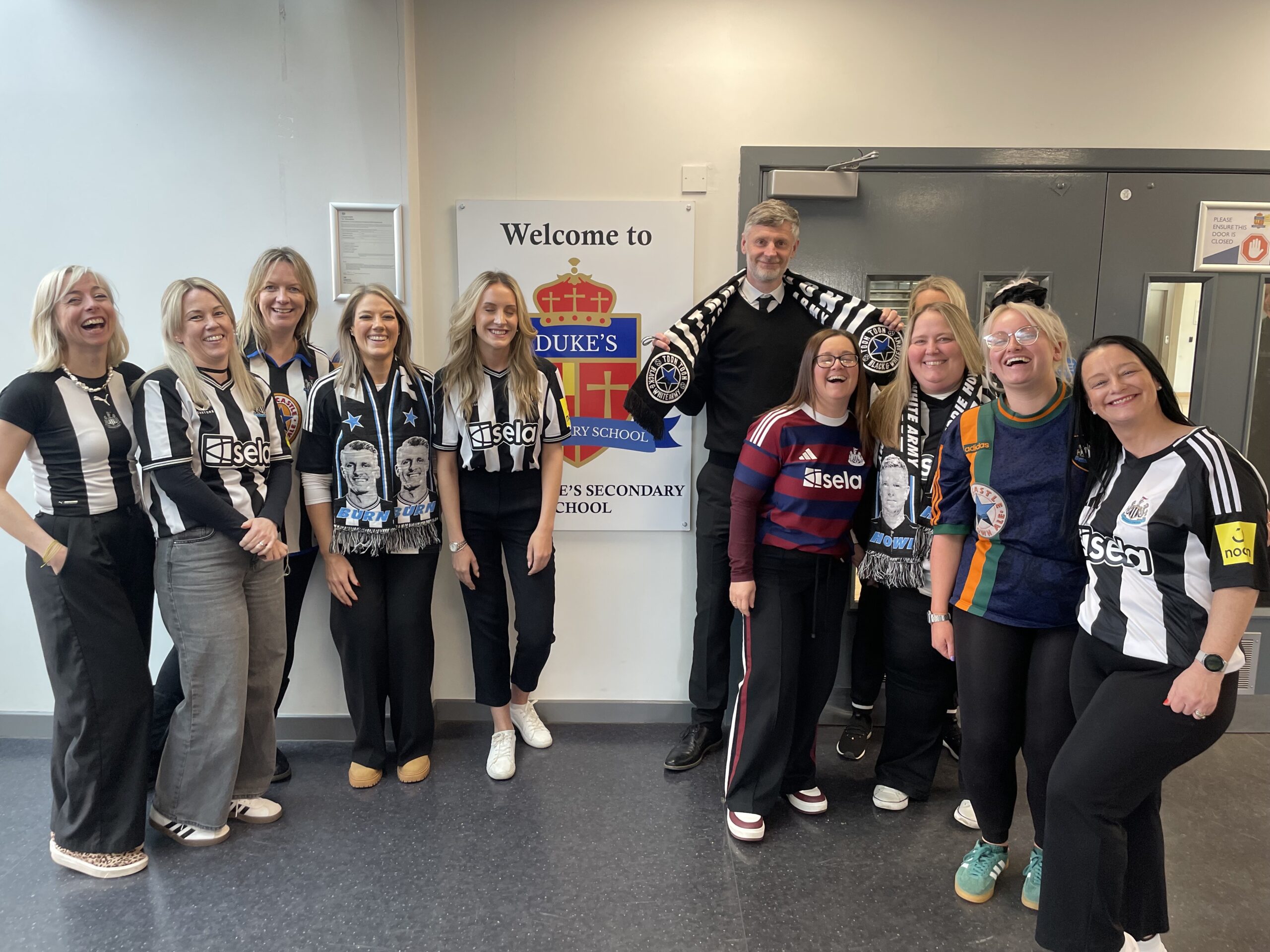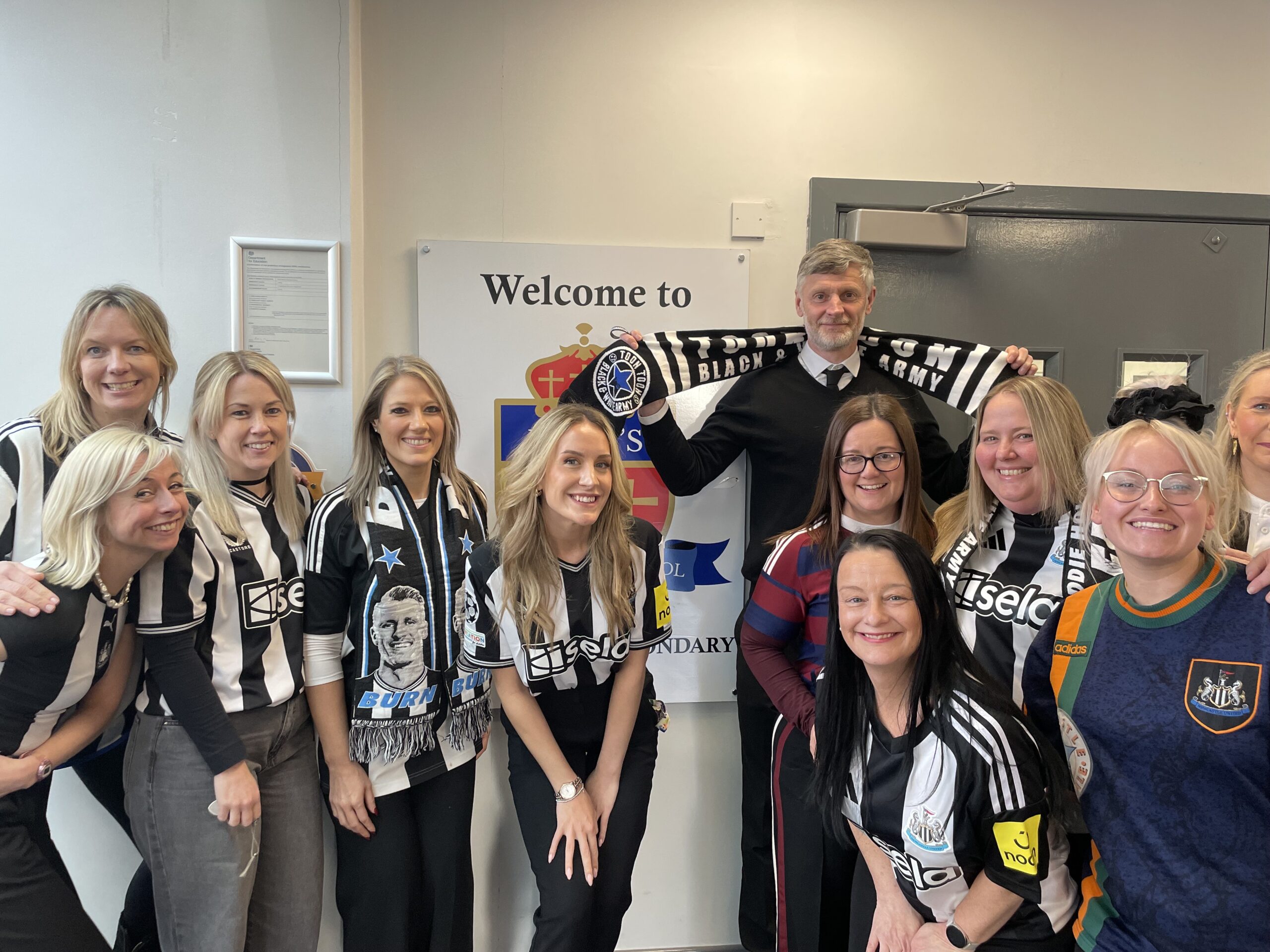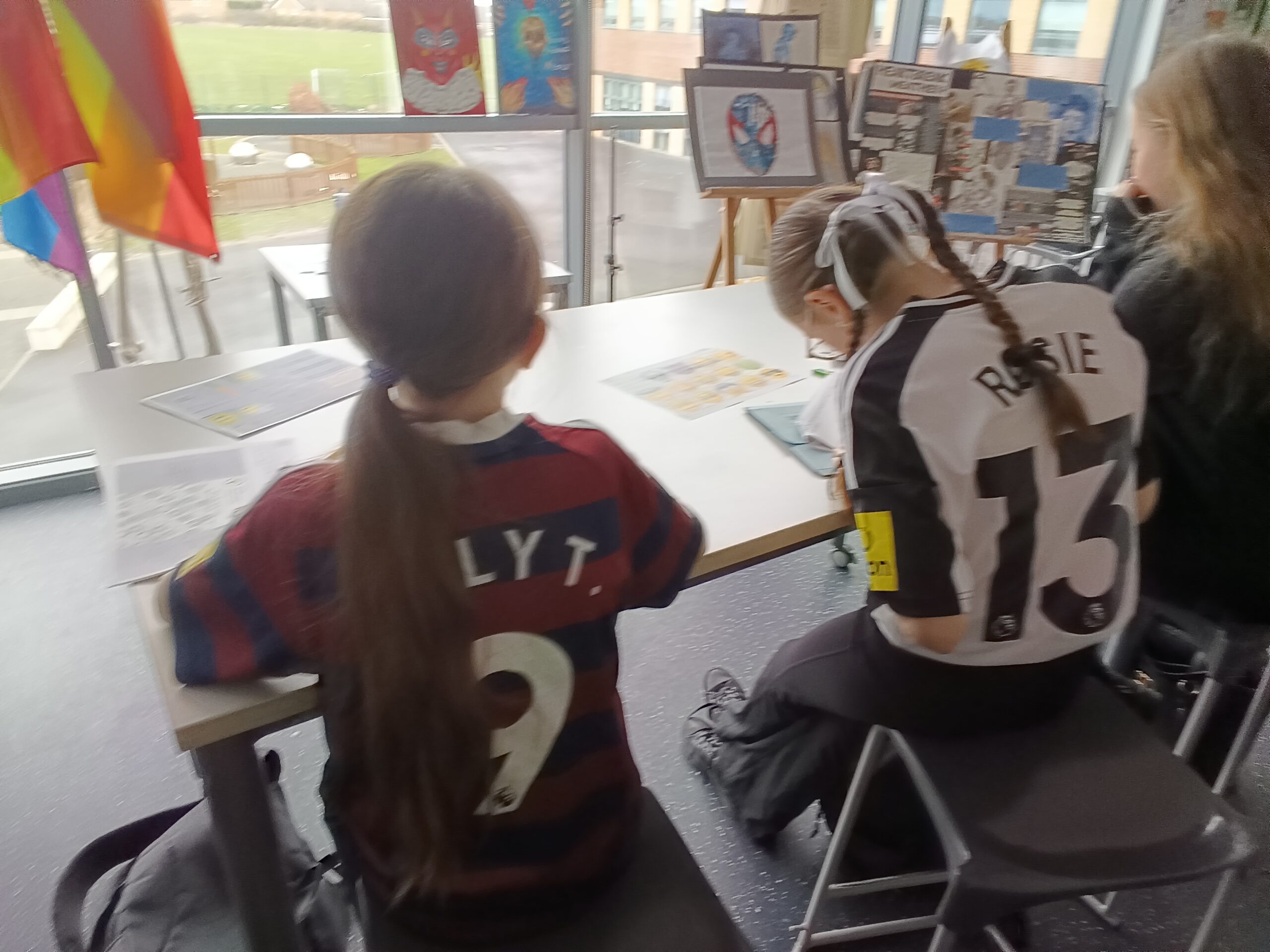On a weekly basis we have been showcasing examples of student work.
This week has seen Science students being creative and showcasing a
deeper understanding in their lessons.
Occurring through messaging apps, on social media and in online games, group chats are among the most popular ways that young people engage with their peers online. Involving, by definition, three or more individuals, these groups allow users to send messages, images and videos to everyone in one place. While they are useful for helping friends, people with shared interests or members of a club to communicate and coordinate activities, they can also leave young people feeling excluded and bullied – as well as providing opportunities for inappropriate content to be shared and viewed.
In the guide, you’ll find tips on a number of potential risks such as bullying, inappropriate content and unknown members.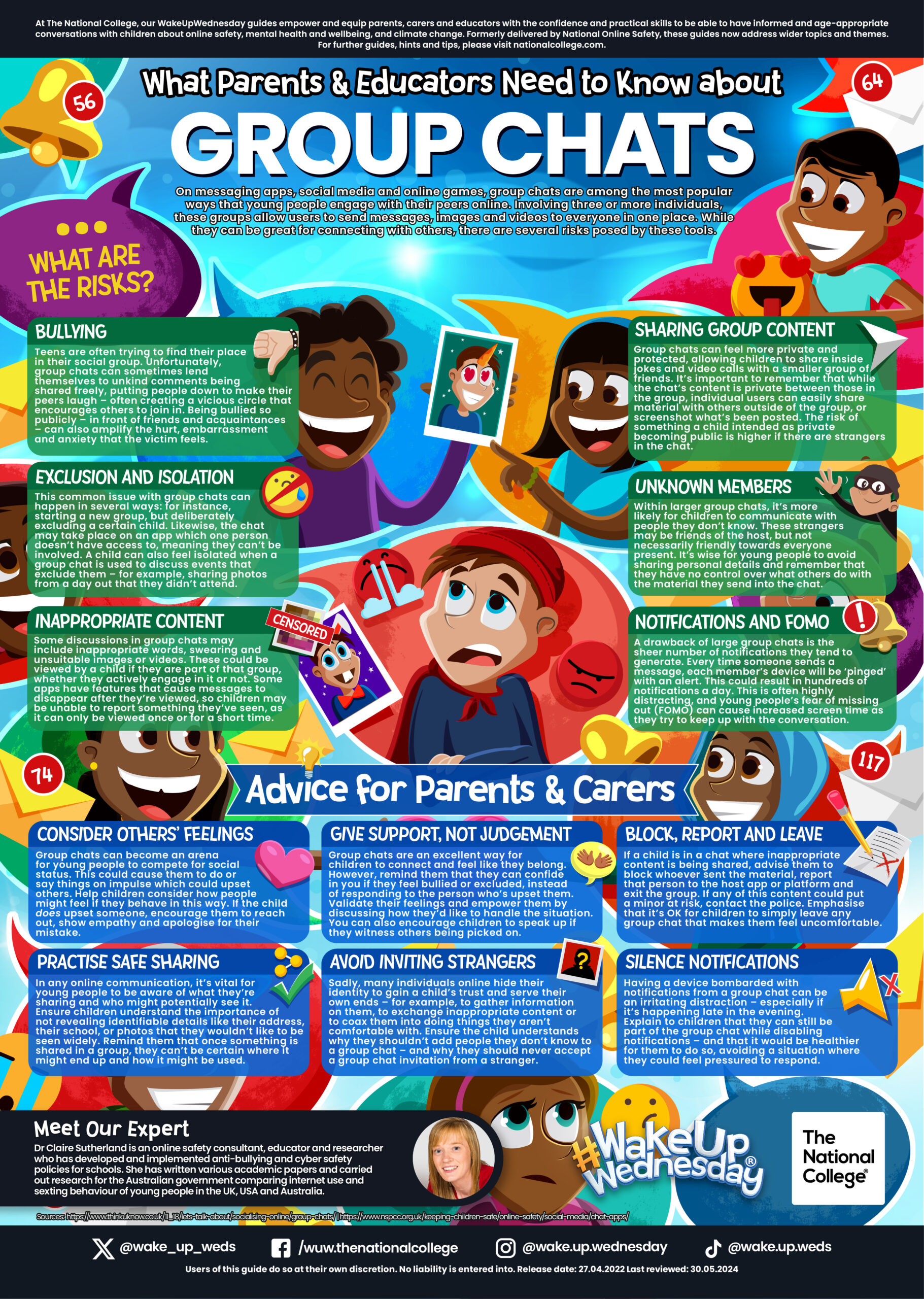
On a weekly basis we have been showcasing examples of student work.
This week has seen Maths students being actively engaged and showcasing a
deeper understanding in their lessons.
On a weekly basis we will be showcasing examples of student work.
This week is Design & Technology and Construction.
“Outstanding practice” will show student learning outcomes across
different subjects and where students have been actively engaged and deeply understand concepts.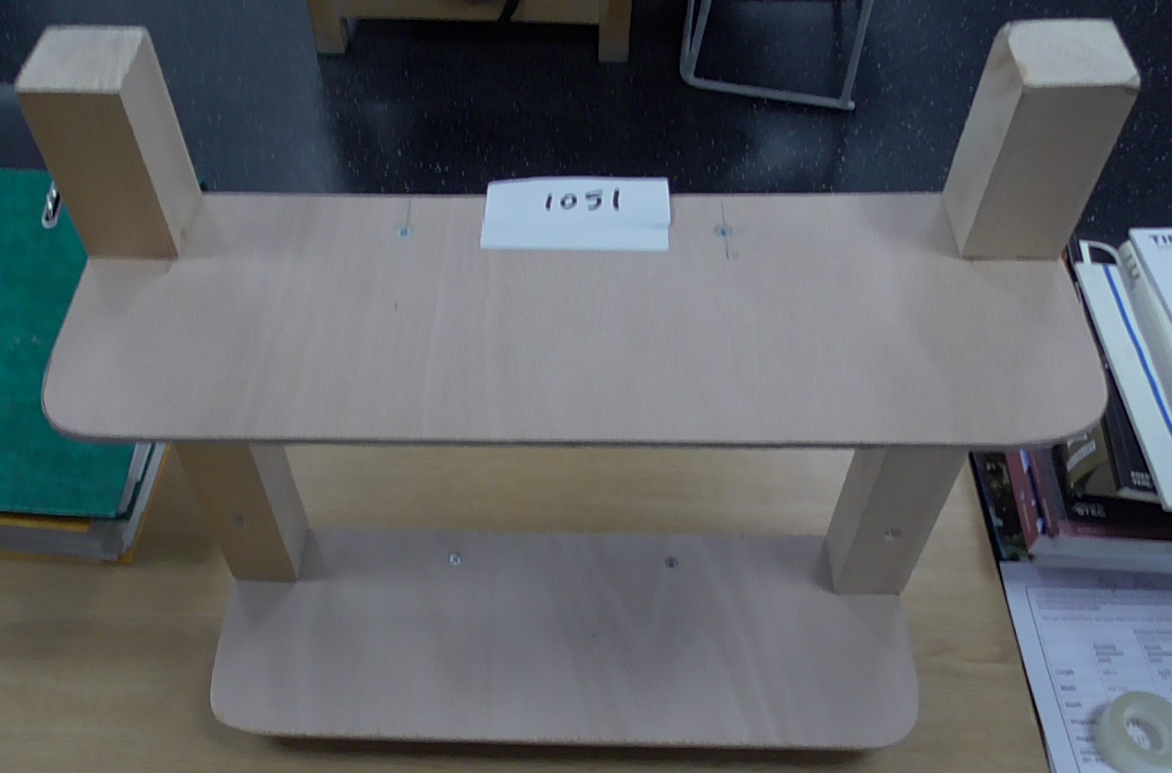
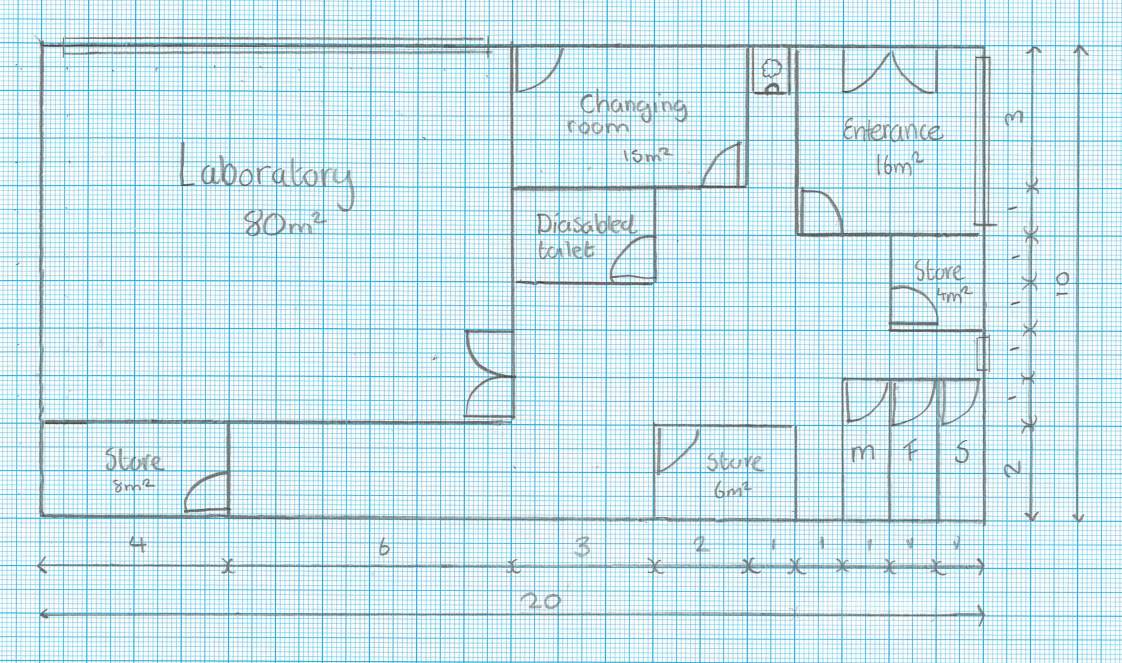
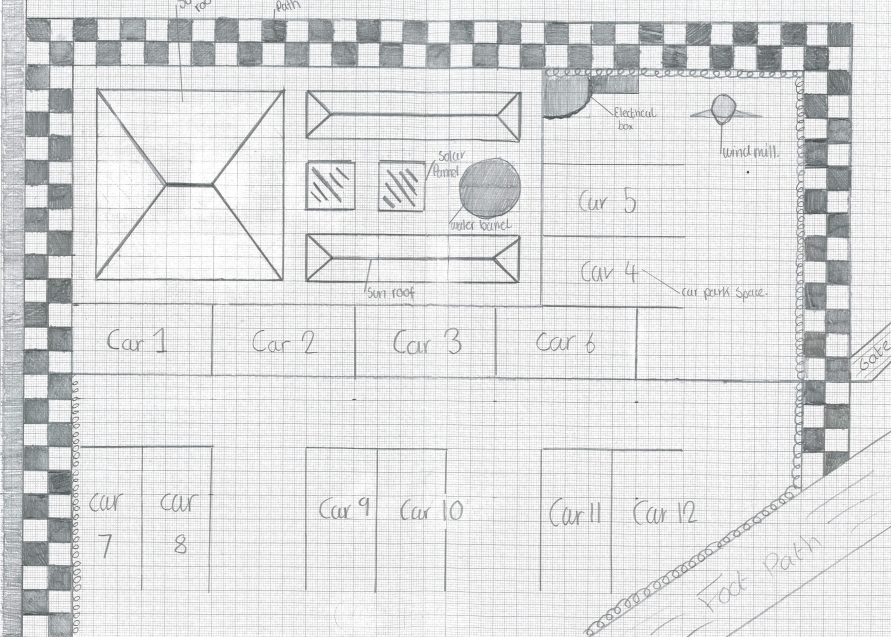


The way we engage with text has changed dramatically over the years. Whether reading captions on social media, instructions in a video game or an e-book on a digital device, technology plays a major role in modern literacy.
To help struggling readers, many digital platforms offer tools that enhance readability by making text more accessible and engaging. There’s also a broad range of accessibility features available, such as screen customisation and text-to-voice technology, which may help children and young people improve their literary confidence. This free guide offers ten top tips on how you can help young readers engage in text and foster a love for reading.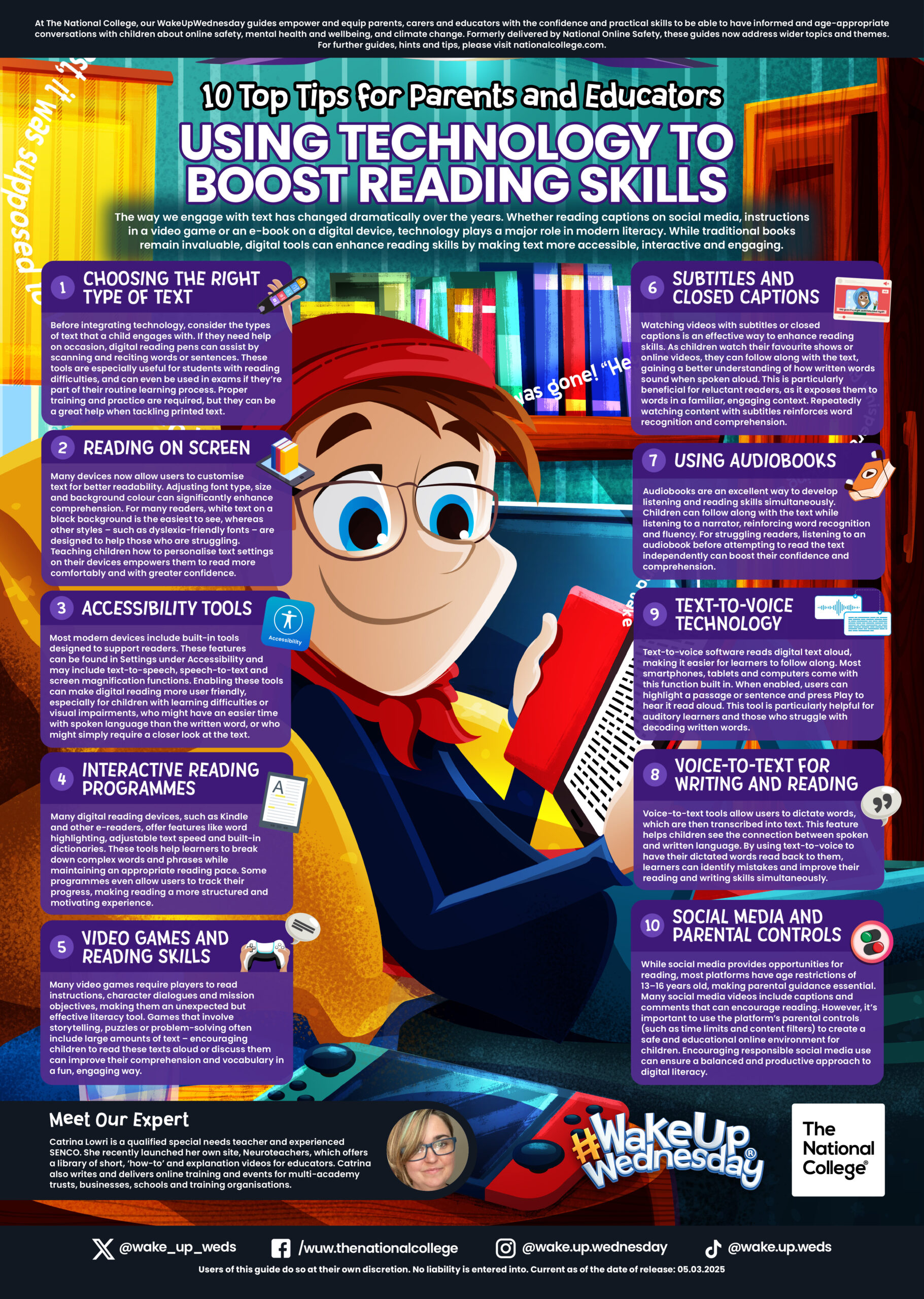
On a weekly basis Duke’s Secondary will be showcasing examples of student work
across subjects on our website and social media platforms.
“Outstanding practice” will show student learning outcomes across
different subjects and where students have been actively engaged and
deeply understand concepts.
Due to AQA rules Art can not show the current amazing work in Y11 and Y13 as they are working on their exam element of the course.
However, we hope to share this after results day in August.








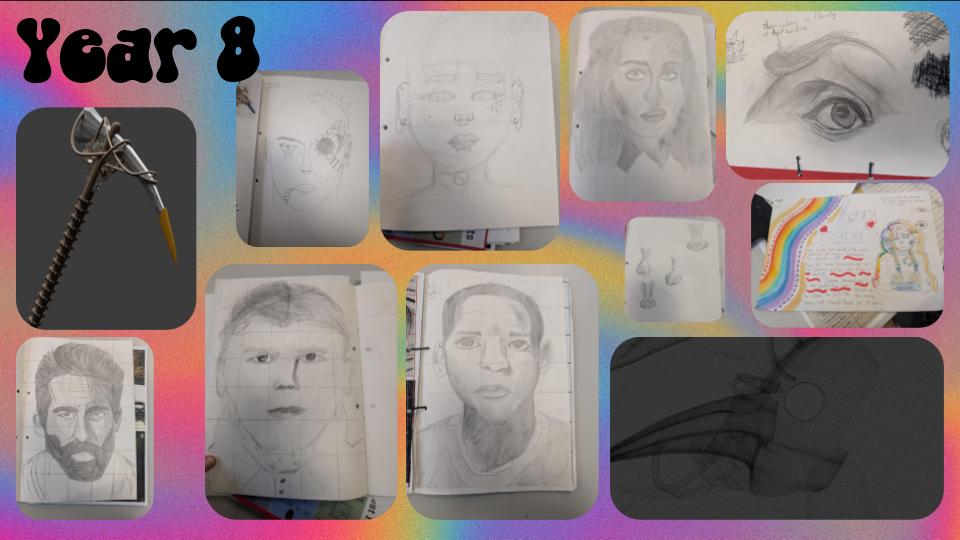

WhatsApp is one of the most popular messaging apps available and, as of 2024, has been made accessible to users as young as thirteen. With end-to-end encryption preventing even the platform itself from viewing any messages that users send on it, this app has been regularly utilised by those looking to keep their conversations private.
Unfortunately, the service poses several risks to its younger users – from misinformation and bullying to potential criminal exploitation – and it’s vital that parents and educators understand these concerns and how to address them. This free guide delves into the online safety risks of WhatsApp and offers expert advice on how to safeguard any young people who use the platform.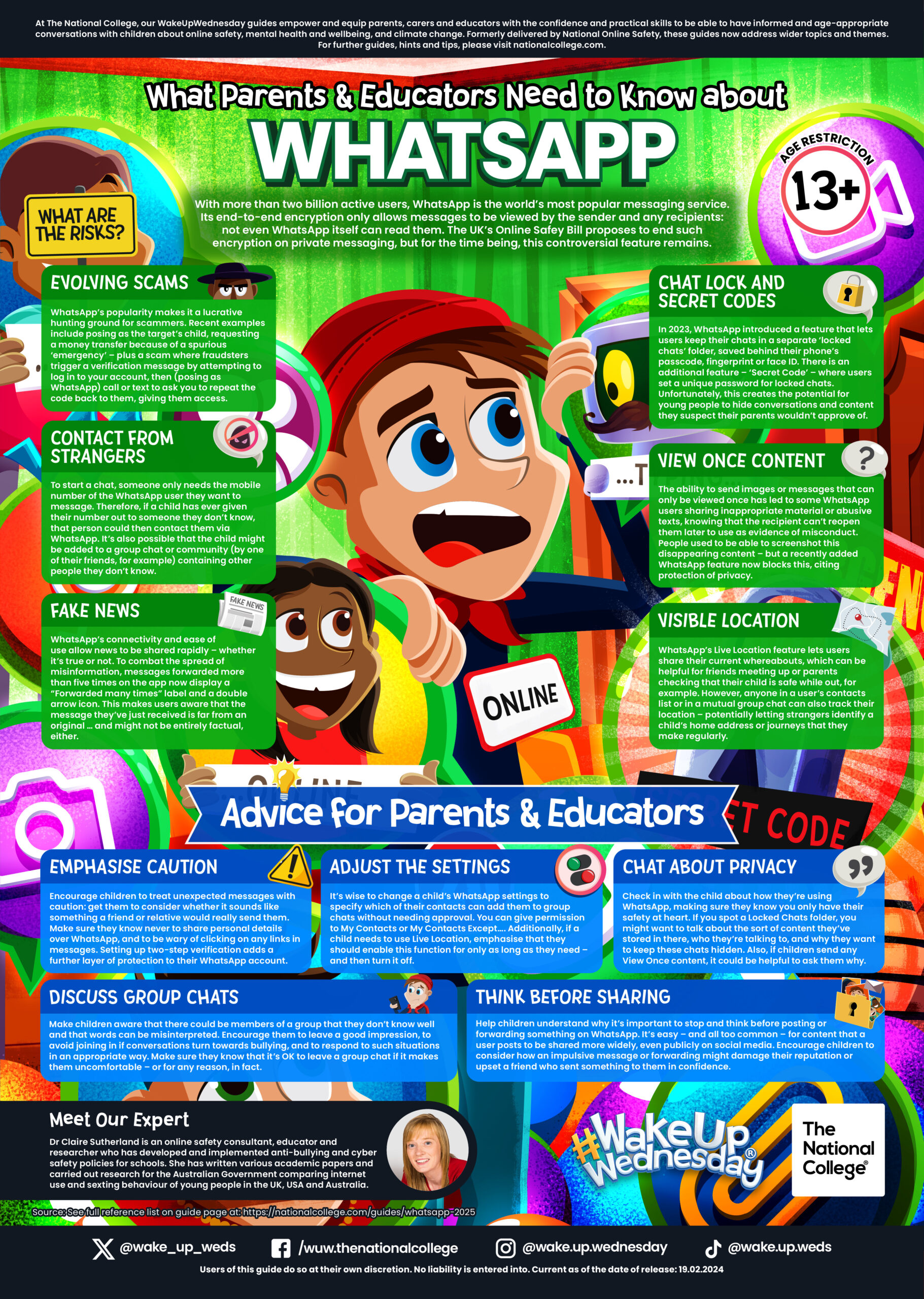

Applications for Duke’s Sixth Form are now open. Find out more about our Sixth Form September offer in our new prospectus https://dukes.ncea.org.uk/sixth-form/sixth-form-curriculum/
Students can apply in school by visiting the Sixth Form office or external applicants can contact Danielle Towers, Head of Sixth Form at danielle.towers@dukes.ncea.org.uk or by telephone on 01670 816111 extension 370, to arrange an appointment.

